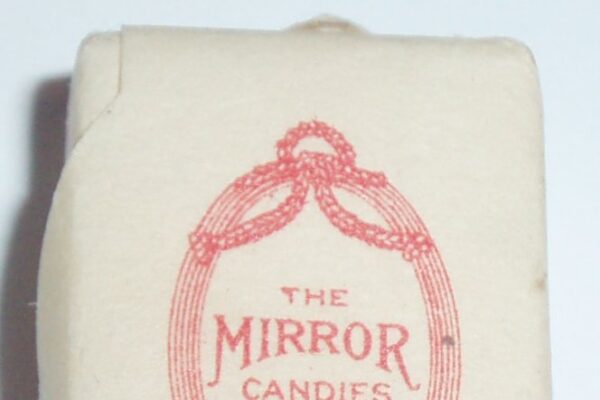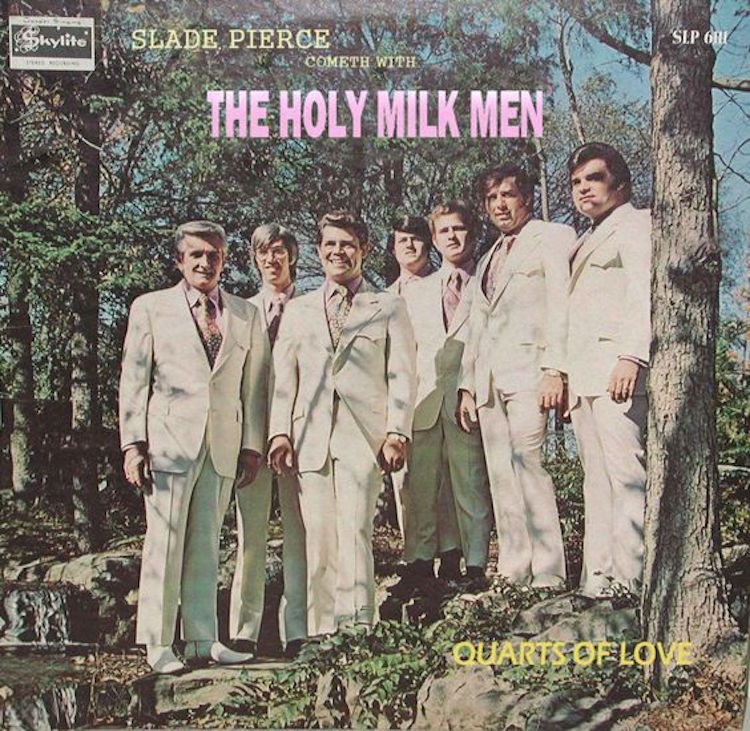
Bob Dylan nearly crossed over to the Christian music industry in the late seventies. He had just announced his conversion to Christianity in ’79 and proceeded to release a total of three albums based on his newfound faith. He spent several years touring and preaching from stage, but was never fully accepted by Christian music fans who were suspicious of Dylan’s failure to leave behind the secular music world and become the face of the Christian sub-genre. Nor did his mainstream fans want to listen to him singing about Jesus. By the early 80s, Dylan dropped the religious references from his music and went back to being Bob Dylan. But oh, what could have been…
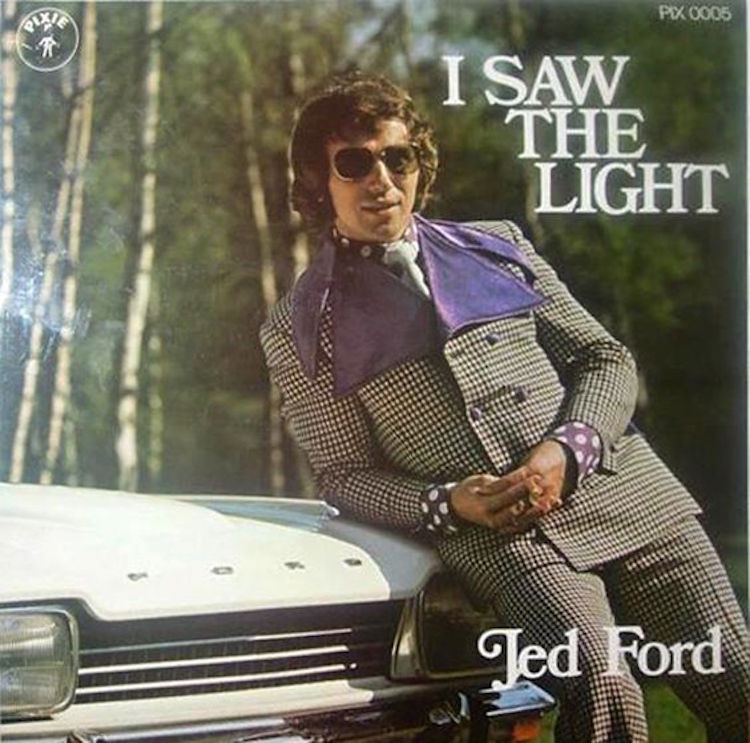
The contemporary Christian music industry is a funny one. Since its rise in the late 1960s and early 1970s with the Jesus Movement, it has never been short of critics claiming it “violates all that God has commanded in the Bible” and pointing out the obvious conflict between commercialisation and ministry. Nevertheless, the Jesus movement churned out a large number of bands in a very short period of time, most of which remained in music obscurity…
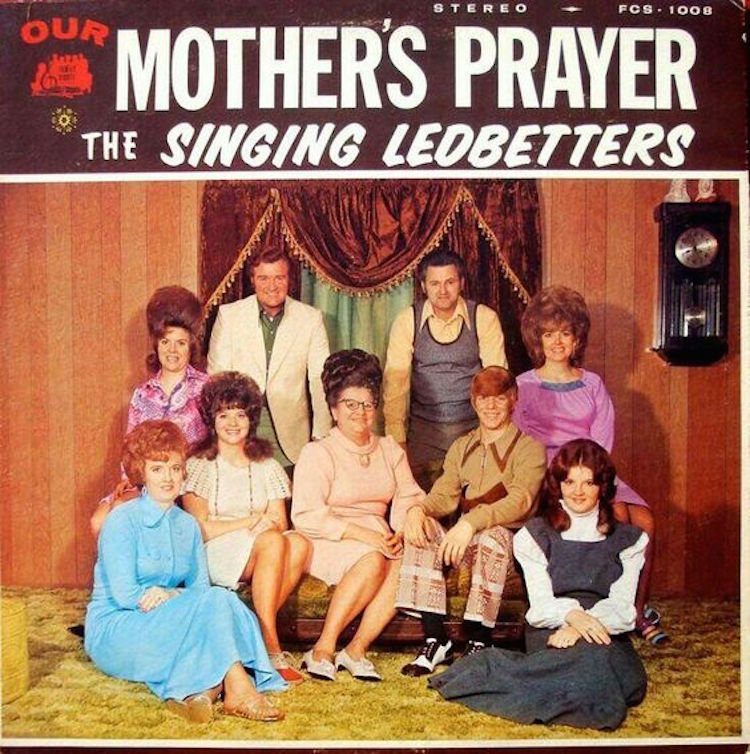
“Jesus music” most notably saw its emergence in hippie centres of the sixties like southern California, Seattle and Chicago. Thanks to long-haired hippie preachers who could speak in tongues while tripping on LSD, large numbers of hippies and street musicians began converting to born-again Christianity. Where many young people had been left disillusioned by a decade of free love and drugs, the Jesus Movement offered the kind of salvation the traditional church couldn’t.
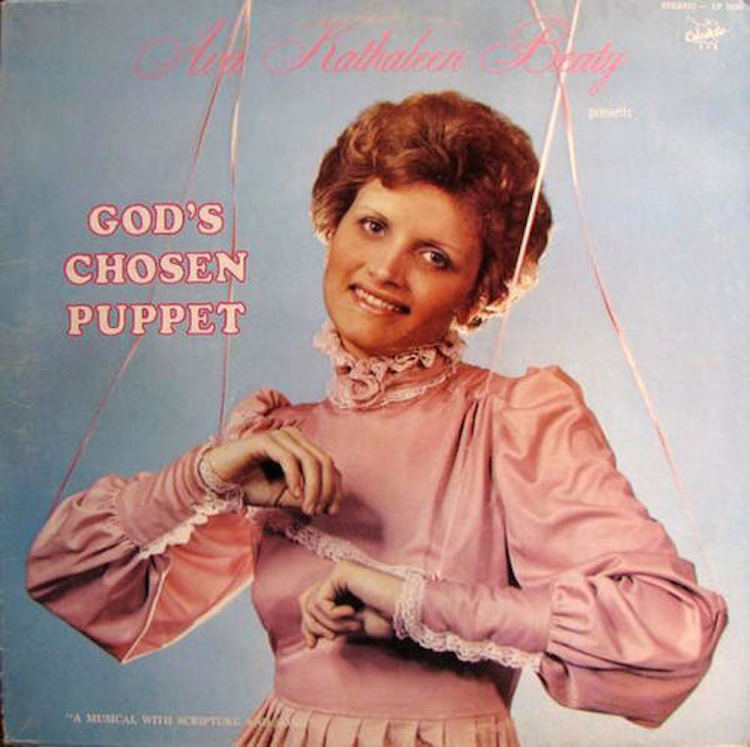
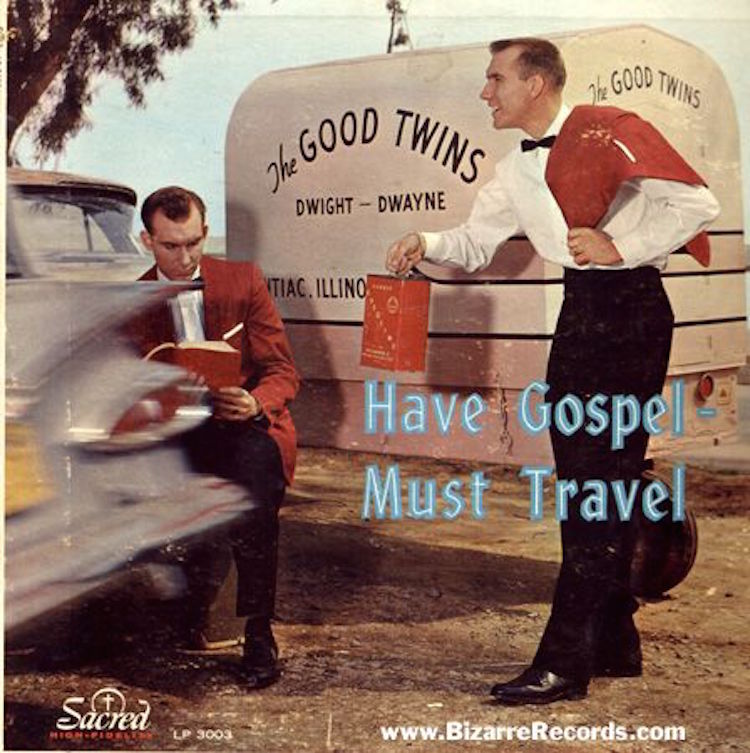
Once converted, the musicians continued playing the folk and rock music they had always been playing, but began infusing lyrics with a Christian message. They played for whoever would listen, collecting money at the passing of a basket known as a “love offering”. Initially, it was a means of sharing their faith and encouraging others to convert and the music was relatively simple. Without using bible clichés, there was the basic message of salvation and the value of a Christ-centered spiritual experience. Some bands talked about the imminent Second Coming of Christ, a prominent theory amongst hippie evangelicals. Few, if any made a living from playing, but there were a few to become rock stars in their own right.
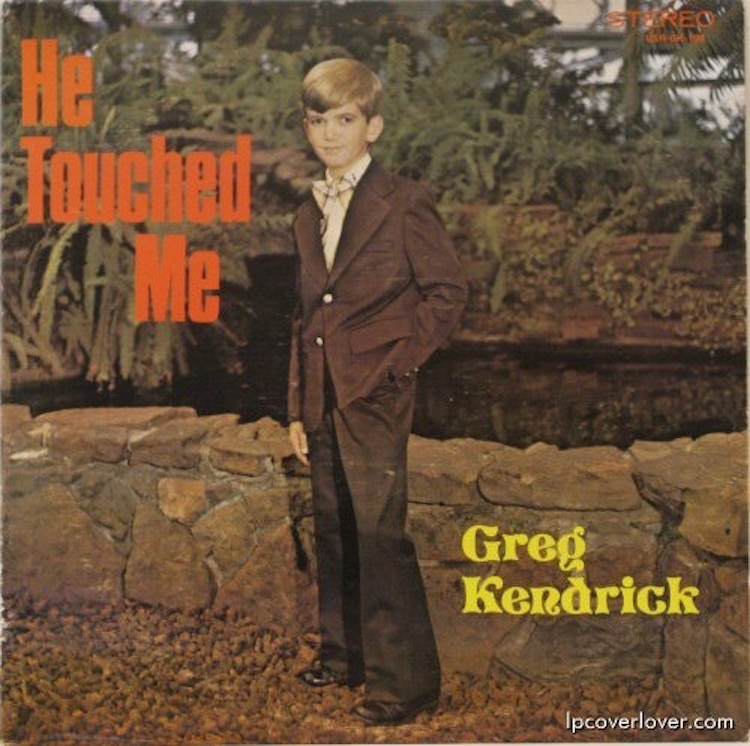
The seventies saw major music industry giants including Time Warner, ABC, CBS and MCA invest and start labels in the Christian music market. Jesus music festivals mimicking more moral interpretations of Woodstock began to emerge in the summer of the seventies, attracting large crowds. The industry began maturing and slowly transforming into a multi-million dollar enterprise committed to very un-Godly things such as increased market share, profit increases and commercial marketplace strategies. By the end of the 1970s the term “Jesus music” fell out of use as the movement was replaced by the industry.
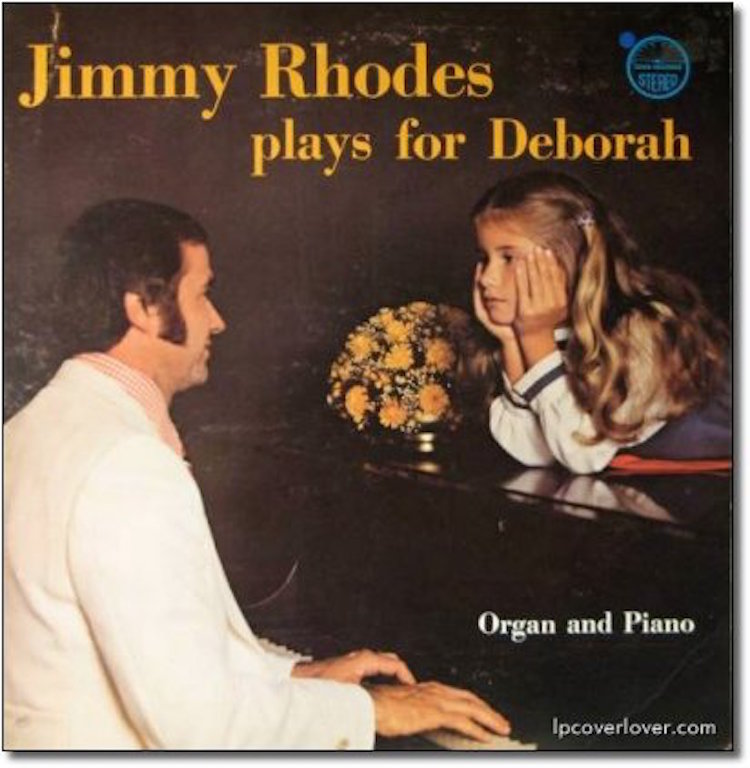
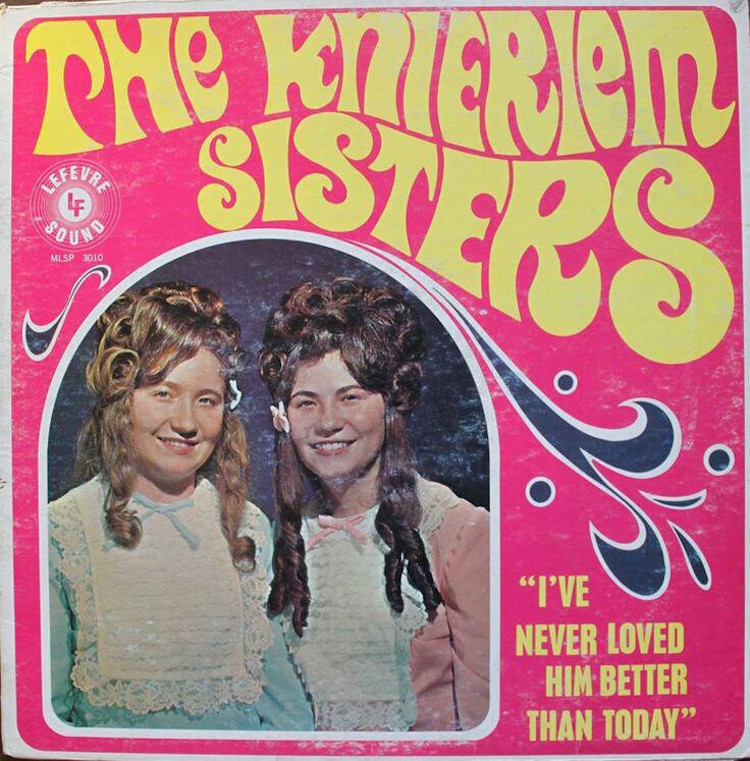
The majority of artists themselves however were pigeonholed to operate solely within the Christian music genre and Christian media. They were expected to isolate themselves from the secular genres and there would be consequences to the careers of those that didn’t conform.
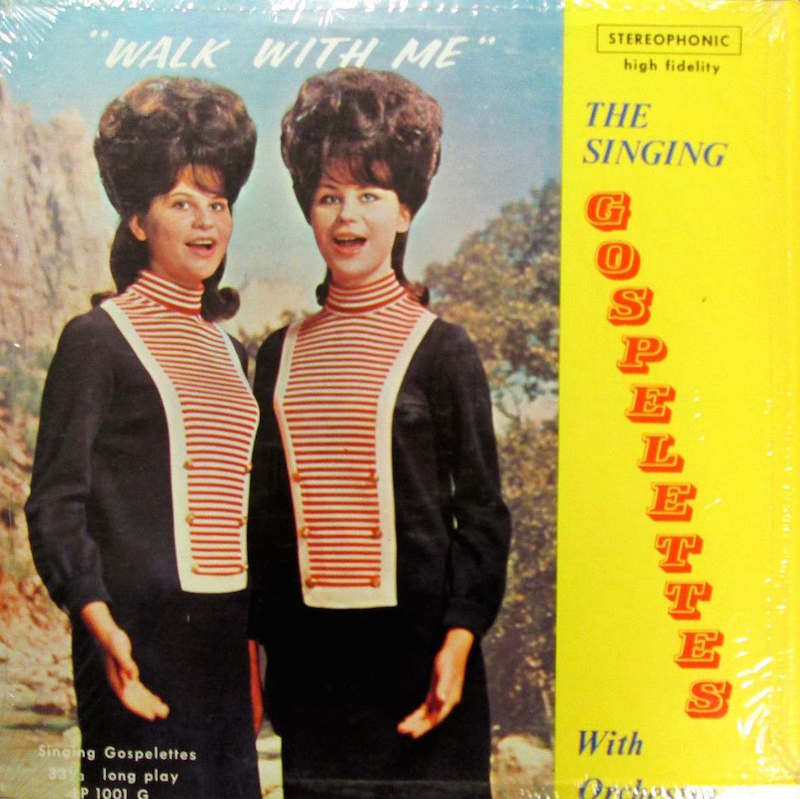
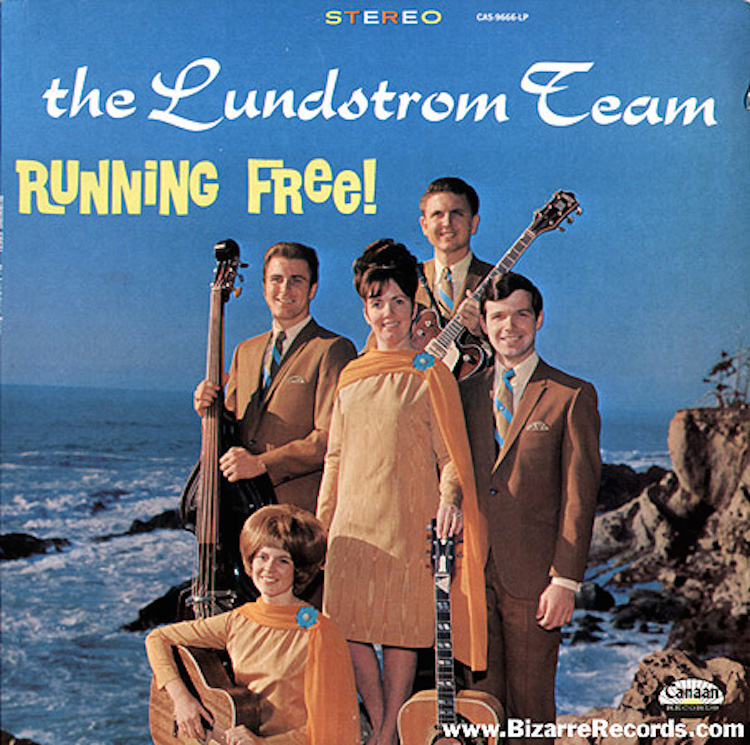
In the 1970s, Randy Matthews, a pioneer of of Jesus music was chased off stage by concert-goers when he performed a rock & roll electric guitar number at a Christian music festival. When he announced an upcoming tour with Lynyrd Skynyrd and ZZ Top, fans denounced him as a drug-possessed demon. Matthew’s label later dropped him from the tour.
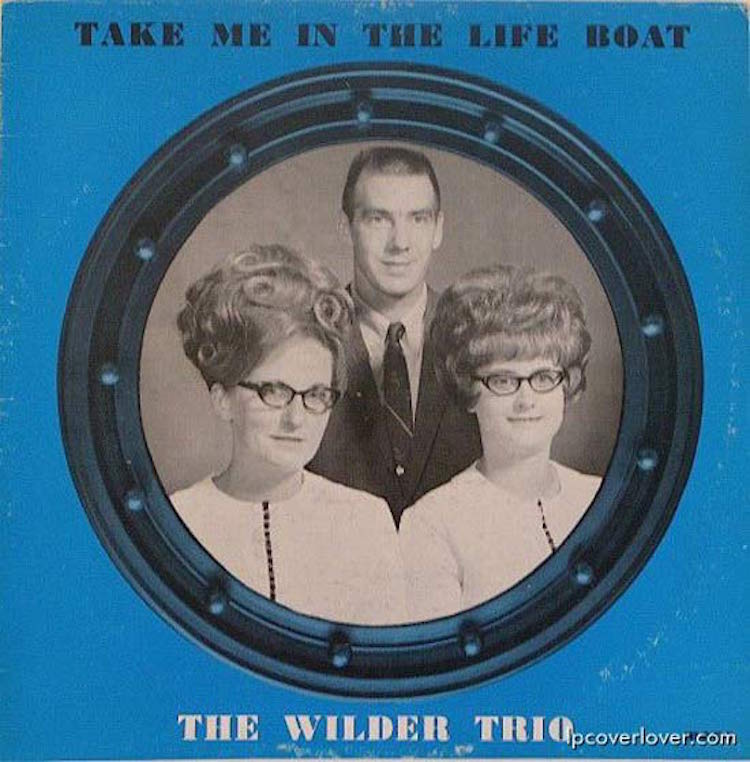
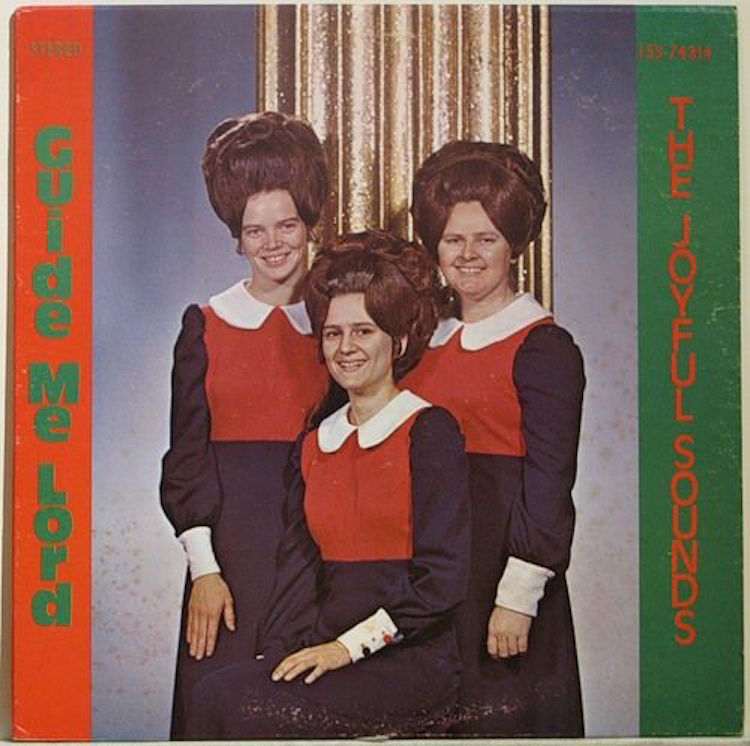
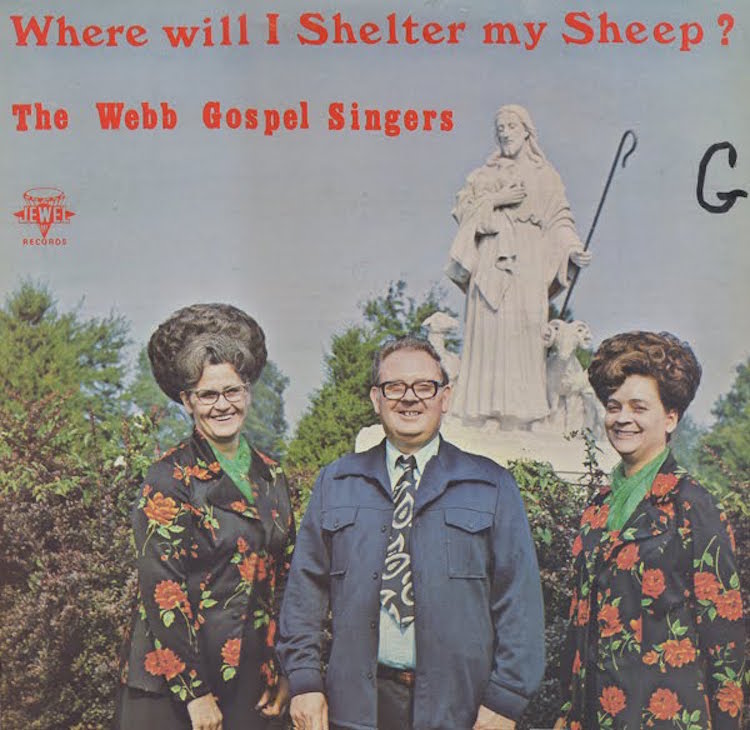

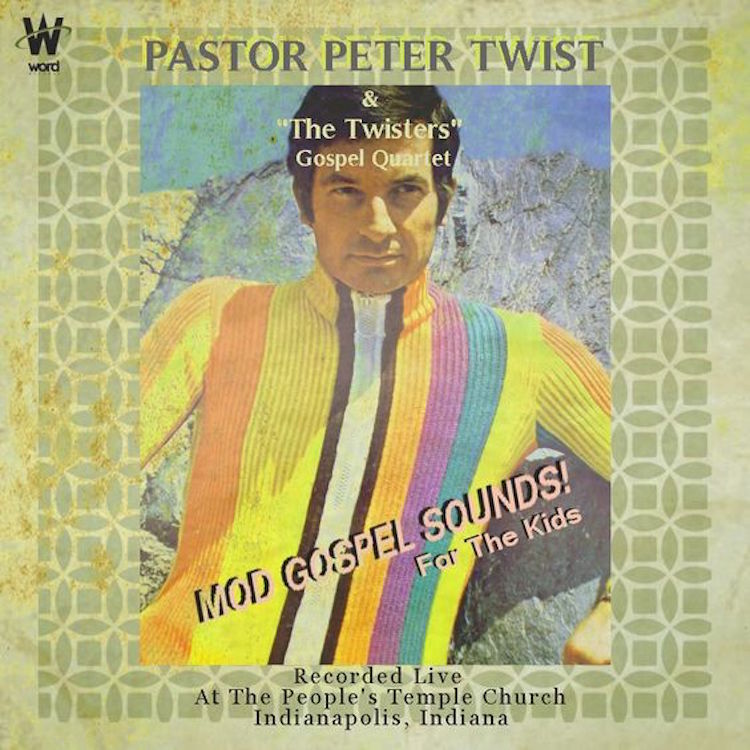
Bands spring up, break up, and fade into obscurity, but perhaps more often within the Christian music industry than any other industry. I imagine that with a taste of mainstream success came the temptation for many artists to push the envelope (bible reference unintended) and venture away from the niche of religious music. When they realised they couldn’t leave their Christian music pigeon-hole, the success story began to fall apart.
And then of course, let’s not forget there was just a lot of really, really bad contemporary Christian music.
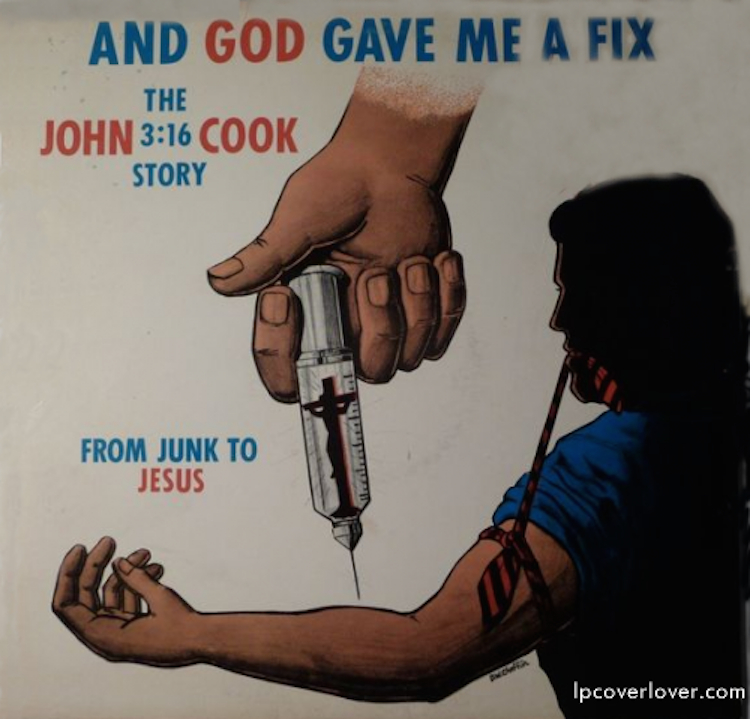
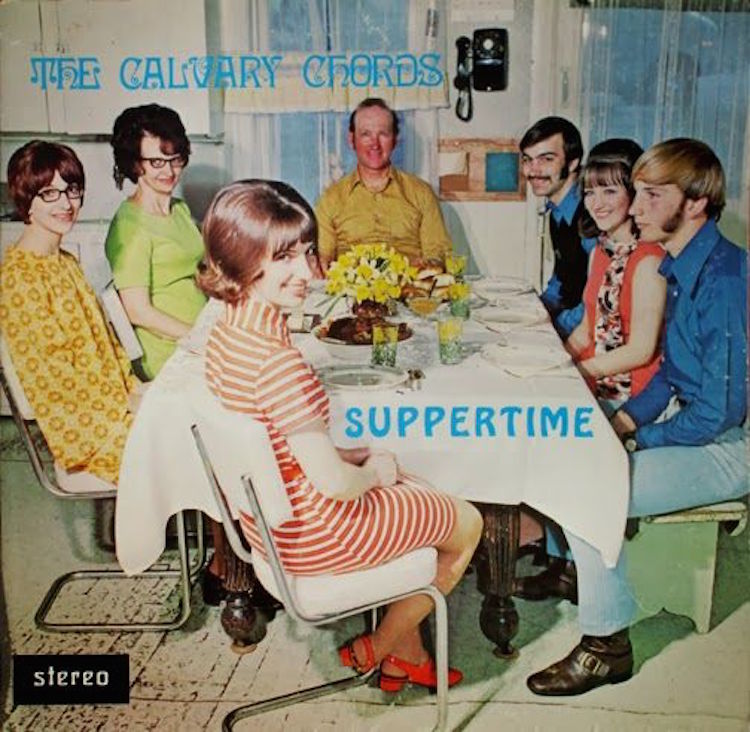
To its credit, there is some good stuff, and admittedly, I’m quite drawn to the kitschy collector’s appeal of vintage Christian vinyls. I could even see a few of these hanging on my wall in a tongue in cheek display.
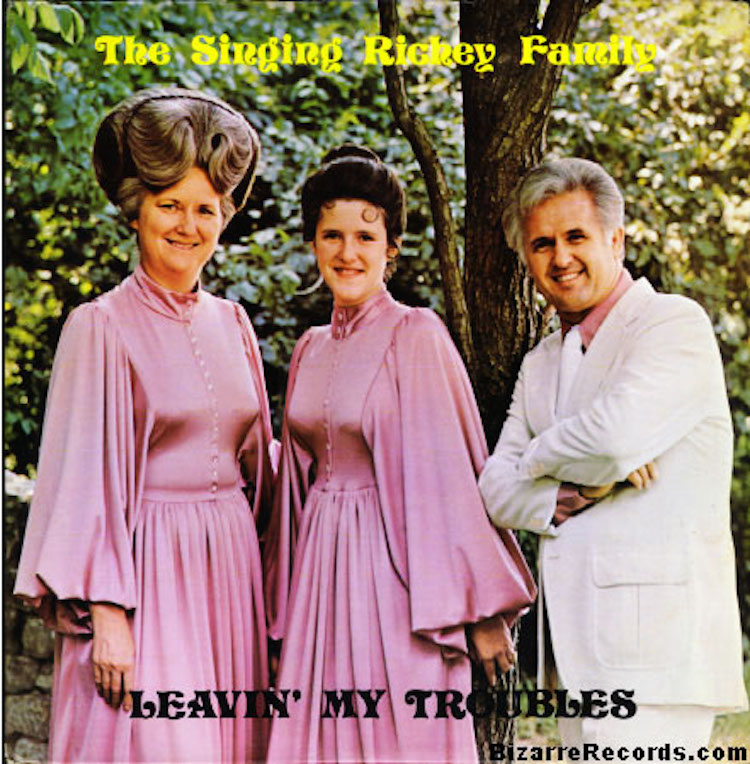
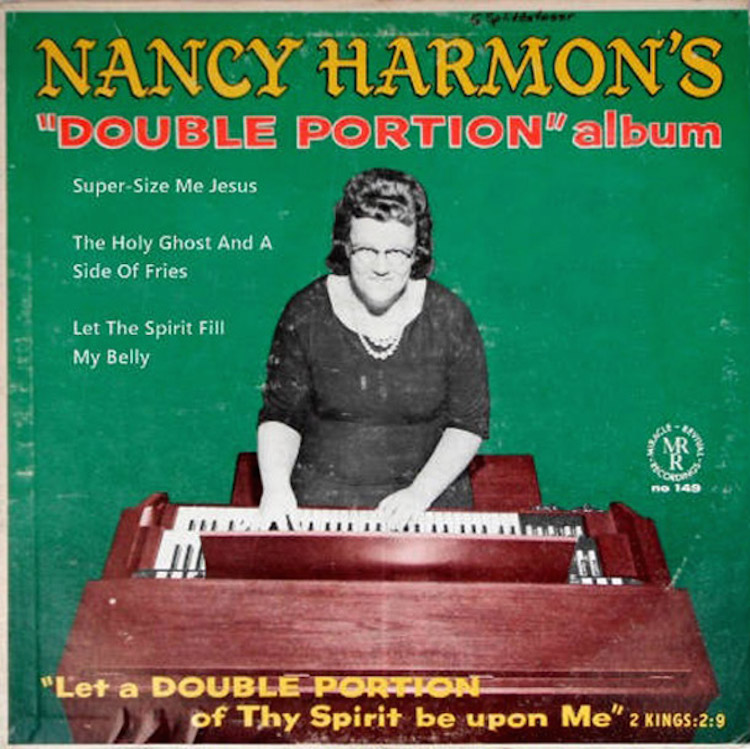
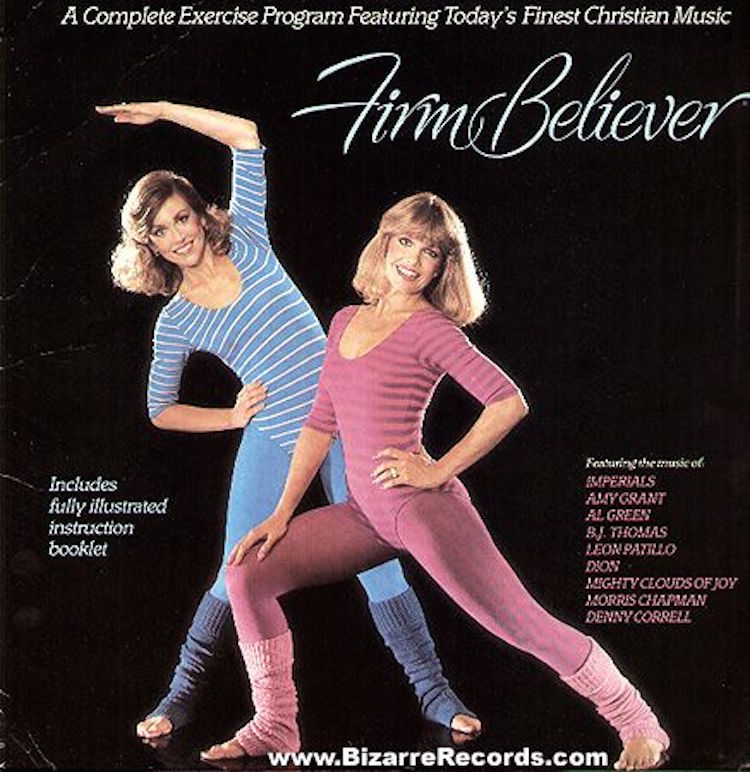
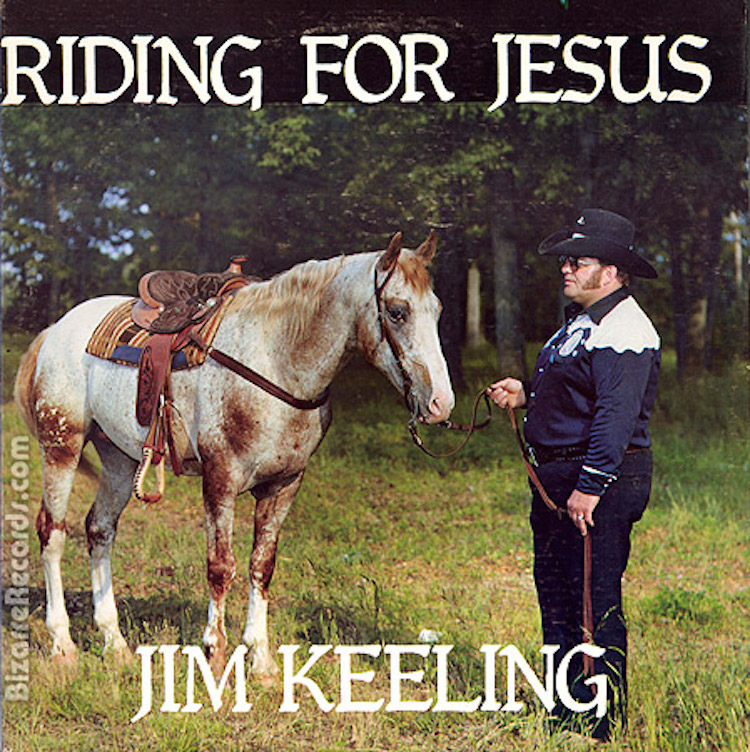
One of the most famous and successful pioneers of Christian rock music, Larry Norman said it well in his 1972 song, “Why Should The Devil Have All the Good Music?”
Vinyl covers sourced from Bizarre Records, LP Cover Lovers and Pinterest.







